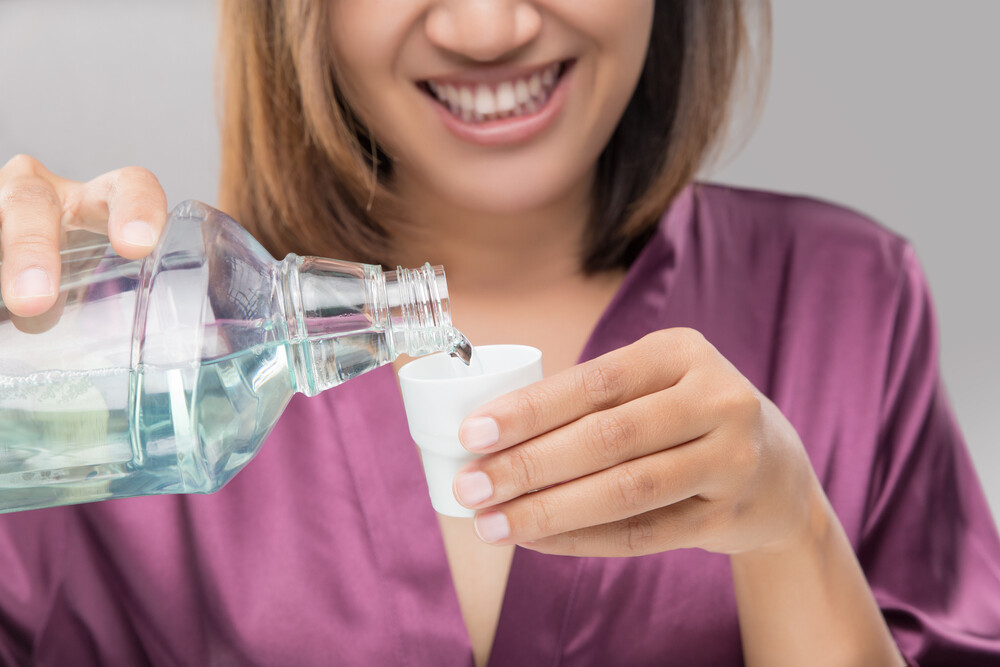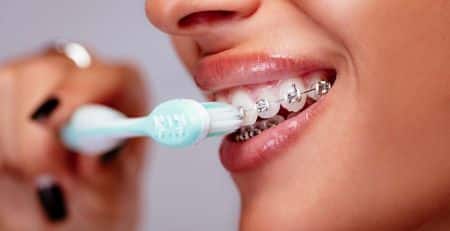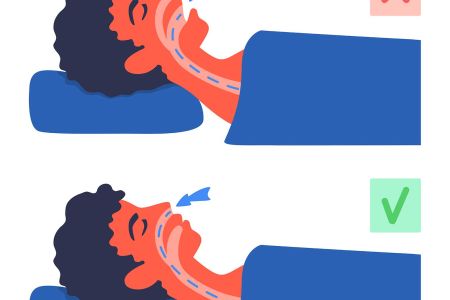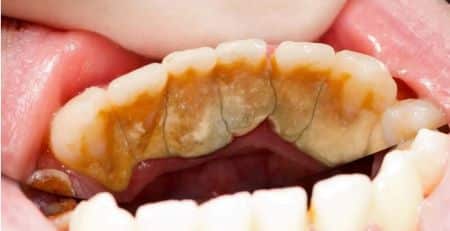Table of Contents
Mouthwash, also known as an oral or mouth rinse, is a liquid solution used as an adjunct to regular oral hygiene practices. Its benefits go beyond brushing and flossing, providing extra protection and freshness.
Freshens Breath
One of the primary benefits of mouthwash is its ability to freshen breath by eliminating odour-causing bacteria. Mouthwash contains antibacterial agents that target volatile sulphur compounds responsible for bad breath, refreshing the mouth.
Reduces Plaque and Gingivitis
Many mouthwashes contain antiseptic properties that help reduce plaque accumulation and prevent gingivitis. Antiseptic mouthwashes can also help control bacterial growth, keeping the gums healthy and minimising the risk of gum disease.
Combats Cavities
Some mouthwashes contain fluoride, which strengthens tooth enamel and helps prevent tooth decay. Fluoride mouthwashes are particularly beneficial for individuals at higher risk of cavities, such as those with a history of dental caries or orthodontic appliances.
Mouthwash Reaches Hard-to-Brush Areas
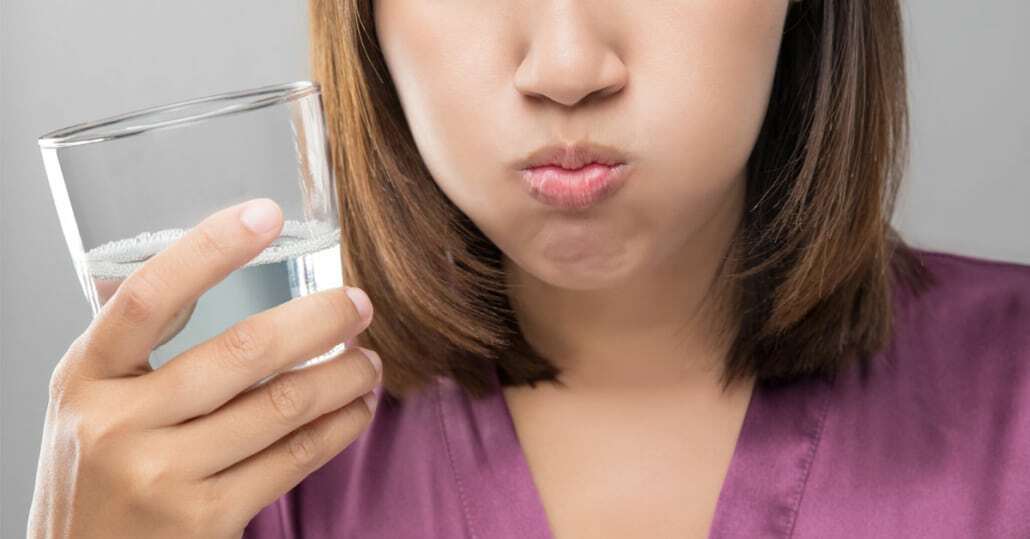
Mouthwash can reach areas in the mouth that may be difficult to access with a toothbrush or floss. It can come between teeth, around dental restorations, and along the gum line, providing additional cleanliness and protection against plaque buildup.
Soothes Oral Irritation
Certain types of mouthwash, such as those with antibacterial or anti-inflammatory properties, can help soothe oral irritations, including canker sores or minor gum irritations. They provide temporary relief and promote healing in the affected areas.
Assists in Post-Dental Procedures
Mouthwash can aid in the recovery process after dental procedures, such as extractions or oral surgeries. Rinsing with a prescribed mouthwash helps keep the area clean, reduces the risk of infection, and promotes healing.
Enhances Overall Oral Hygiene Routine
Incorporating mouthwash into your oral hygiene routine adds an extra layer of protection against oral health issues. It complements brushing and flossing, promoting comprehensive oral hygiene and supporting overall oral health.
Is alcohol in mouthwash bad?
When considering the use of mouthwash containing alcohol, it’s essential to understand its benefits and potential drawbacks. Alcohol is commonly included in many mouthwashes for its antibacterial and preservative qualities, effectively combating the germs contributing to bad breath and plaque accumulation. However, it can also lead to dry mouth by decreasing saliva production, vital for maintaining oral health by protecting teeth and gums from bacteria and acids.
Individuals with sensitive gums, mouth ulcers, or conditions such as gingivitis may experience discomfort, including a burning or stinging sensation, when using alcohol-based mouthwashes. Additionally, prolonged use of products with high alcohol content could irritate oral tissues, particularly if not used according to recommended guidelines.
While current research does not provide strong evidence linking alcohol-based mouthwash to oral cancer, many dental professionals are now advocating for alcohol-free alternatives. These options can effectively combat bacteria without causing dryness or discomfort. Ultimately, selecting the right mouthwash should be based on your specific oral health needs, and consulting with your dentist can help you find a product that best supports the health of your gums and enamel.
Including mouthwash in your daily oral care routine can benefit your oral health. From freshening breath and reducing plaque to combating cavities and soothing oral irritations, mouthwash offers extra cleanliness and protection. However, it is vital to choose a mouthwash that suits your specific needs and consult with your dentist for personalised recommendations.
Summary
Remember, mouthwash is not a substitute for proper brushing, flossing, and regular dental check-ups, but a valuable addition to support optimal oral health. Embrace the benefits of mouthwash and enjoy a cleaner, fresher, and healthier smile.
Disclaimer: This blog article is for general educational purposes only and is not professional dental or medical advice. Consult a qualified dentist or healthcare provider for personalised recommendations based on your individual circumstances.

